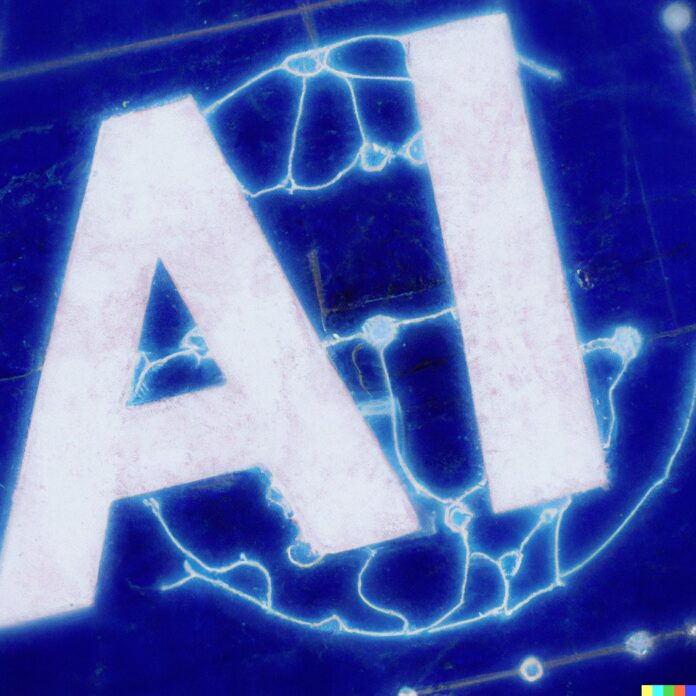Artificial Intelligence (AI) has been a buzzword for a few years now, and it’s not difficult to understand why. AI is transforming industries and changing the way we interact with technology. From healthcare to finance, transportation to agriculture, AI has the potential to revolutionize the way we live and work. But what does the future of AI hold? In this blog post, we will explore some predictions and possibilities for the future of AI.
- Increased Automation One of the most significant impacts of AI is the automation of various processes. With advancements in machine learning, more and more tasks are becoming automated, reducing the need for human intervention. We can expect this trend to continue in the future, with AI taking on more complex and sophisticated tasks.
- Improved Efficiency AI is capable of processing vast amounts of data in a short amount of time. As the technology continues to evolve, we can expect AI to become even more efficient in analyzing and processing data. This could lead to significant improvements in fields such as healthcare, where AI could help diagnose diseases faster and more accurately.
- Enhanced Personalization With AI, personalization is becoming more prevalent than ever before. AI algorithms are capable of analyzing user behavior and preferences to deliver highly personalized experiences. In the future, we can expect this trend to continue, with AI becoming even more adept at understanding and anticipating user needs.
- Greater Security As AI becomes more prevalent, so too do concerns around security and privacy. However, AI has the potential to improve security in many ways. For example, AI could be used to detect and prevent cyber attacks, or to identify fraudulent activity in financial transactions.
- New Job Opportunities While there are concerns around AI taking jobs away from humans, the technology is also creating new job opportunities. As more tasks become automated, there will be a growing need for individuals who can design, develop, and maintain AI systems.
- Improved Sustainability AI has the potential to improve sustainability in various industries. For example, AI could be used to optimize energy usage in buildings, reduce waste in manufacturing processes, and improve the efficiency of transportation networks.
- Greater Accessibility AI has the potential to make technology more accessible to people with disabilities. For example, AI-powered speech recognition systems can help individuals with hearing impairments, while machine learning algorithms can assist those with visual impairments.
- Advancements in Robotics As AI becomes more sophisticated, we can expect to see significant advancements in robotics. From self-driving cars to humanoid robots, AI is making it possible to create machines that can perform a wide range of tasks previously thought impossible.
- Improved Mental Health AI has the potential to improve mental health by helping to diagnose and treat conditions such as depression and anxiety. Machine learning algorithms can analyze patient data to identify patterns and develop personalized treatment plans.
In conclusion, the future of AI holds numerous possibilities and predictions. From increased automation to enhanced personalization, AI has the potential to transform industries and improve our quality of life. While there are concerns around the impact of AI on jobs and privacy, the technology also presents new opportunities and benefits. As AI continues to evolve, it’s essential to consider how we can leverage this technology to create a better future for all.





